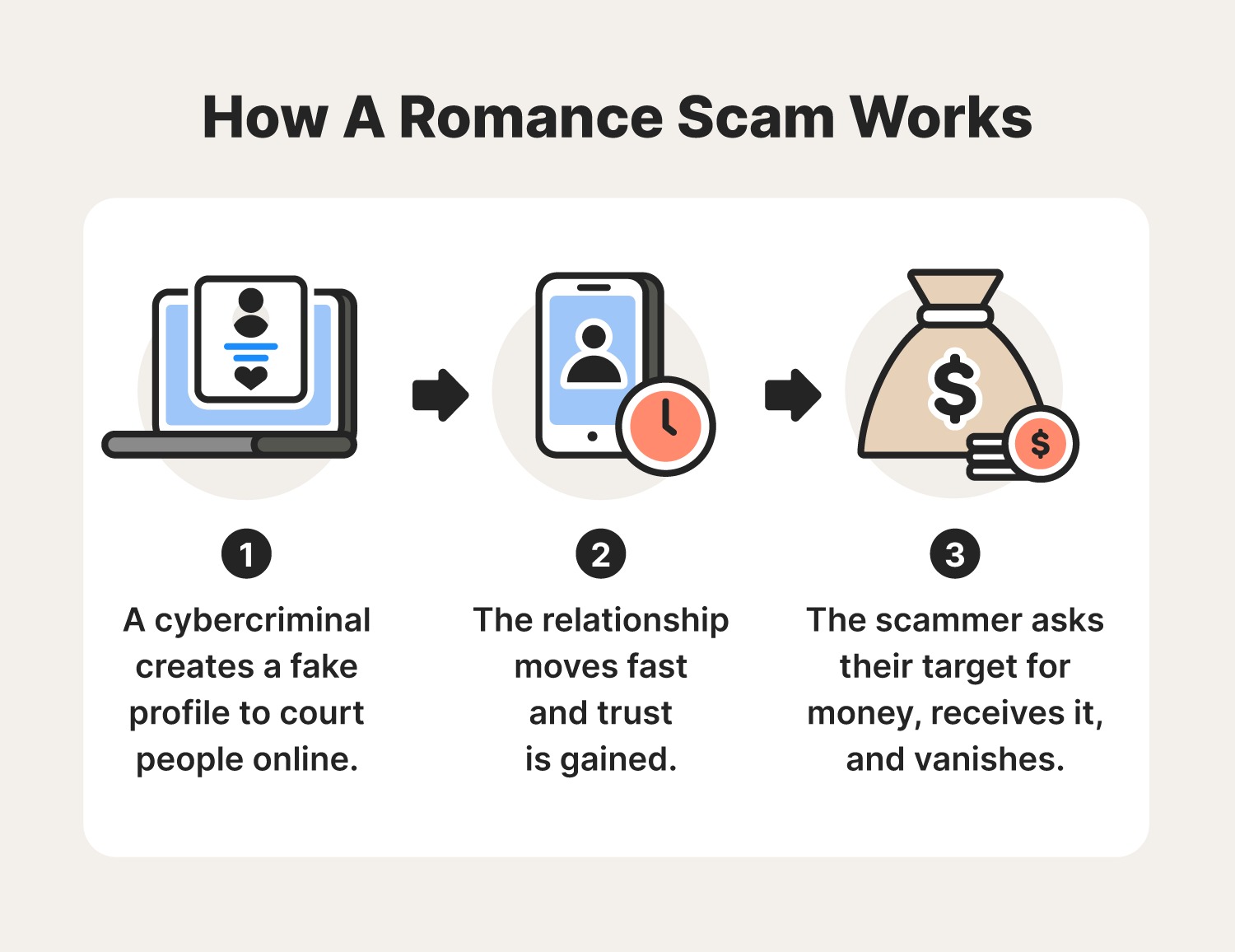Investment fraud can be disclosed in person, over the phone, or the Internet. They can be adapted as a legitimate offering in an established industry such as oil and gas, or as an exclusive offering in an emerging sector such as cannabis. The bottom line is that all investment scams are designed only to take away your hard-earned money.
The good news is that many of these scams can be detected at an early stage if you can detect them. Most investment scams are of the varieties listed below. By remembering their main characteristics and always checking the registration of an individual or company that provides you with an investment opportunity, you can reliably protect yourself from fraud.
Common Investment Scams
Affinity Fraud
“KNOWING YOU FROM MY CHURCH, I THOUGHT I COULD TRUST YOU…”
Proximity fraud starts not far from your home – literally. This type of investment fraud exploits the trust and friendship that exist in groups of people who share common features, such as religious organizations, ethnic communities, social associations, and even professional groups.

Scammers are part of a group or pretend to be members of it and often hire unsuspecting group leaders to spread information about the program and make it believable.
The snowball system
“THE MONEY I INVESTED WAS ONLY USED TO PAY OUT PROFITS TO PREVIOUS INVESTORS.”
The snowball system is based on investments that don’t exist. Early investors profit from the money of later investors, until the whole system eventually collapses on its own when new investors stop joining. The scammers behind the investments often promise high returns with or without minimal risk – a promise that, like most things that are too good to be true, is false.
Pumping and dumping scheme “Pumping and dumping
Scheme
“I BOUGHT THE SHARES BASED ON EXTREMELY POSITIVE RECOMMENDATIONS, BUT IT WAS JUST A HYPE TO RAISE THE PRICE OF BAD STOCKS.”
A pump-and-dump scheme is when a stock promoter creates false hype and forces many investors to raise the stock price. The promoter then sells his shares as soon as the price reaches a certain point (and also stops promoting the shares), and then the share price drops, leaving investors who believed the deception a worthless investment.

Typically, potential investors receive an email or phone call announcing an “exciting” opportunity or read about it in an online chat or forum. Without being able to do proper research, they will buy into the excitement, give up, and then lose their money.
Binary Options Scams
“TRADES HAPPEN QUICKLY AND IT SEEMS SIMPLE: YOU WIN OR LOSE. EXCEPT IT DIDN’T MATTER IF I WON OR LOST BECAUSE I NEVER GOT ANY MONEY BACK.”
Binary options seem simple: in fact, they are all-or-nothing bets on how a currency or stock will develop over a limited period. Binary options scams are usually based on enticing online advertisements, emails, and social media to attract people and often show investors virtual profits in their accounts.
Apart from the fact that this profit does not exist, and since many trading platforms are located abroad, it can be very difficult to protect or recover lost investments. Even though binary options fraud is prohibited in Canada by securities regulators (including ASC), it is extremely common.
Forex Fraud
“THE ADVERTISEMENT LOOKED LEGITIMATE AND THE SELLER SAID IT WAS EASY AND EXCITING…”
Forex, currency, or foreign currency is the trading of foreign currency. Forex trading is incredibly difficult, even with professional training and very advanced software.

Because of this complexity, scammers will create websites that purport to offer Forex trading and try to attract investors with promises of high returns with or without minimal risk. They’re just stealing your money. Because they are often unregistered dealers or brokers outside Canada, it is very difficult or even impossible for victims to recover damages or resolve any possible dispute.




